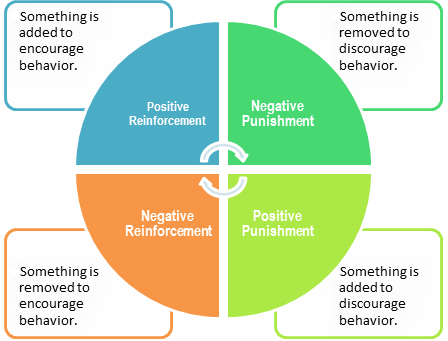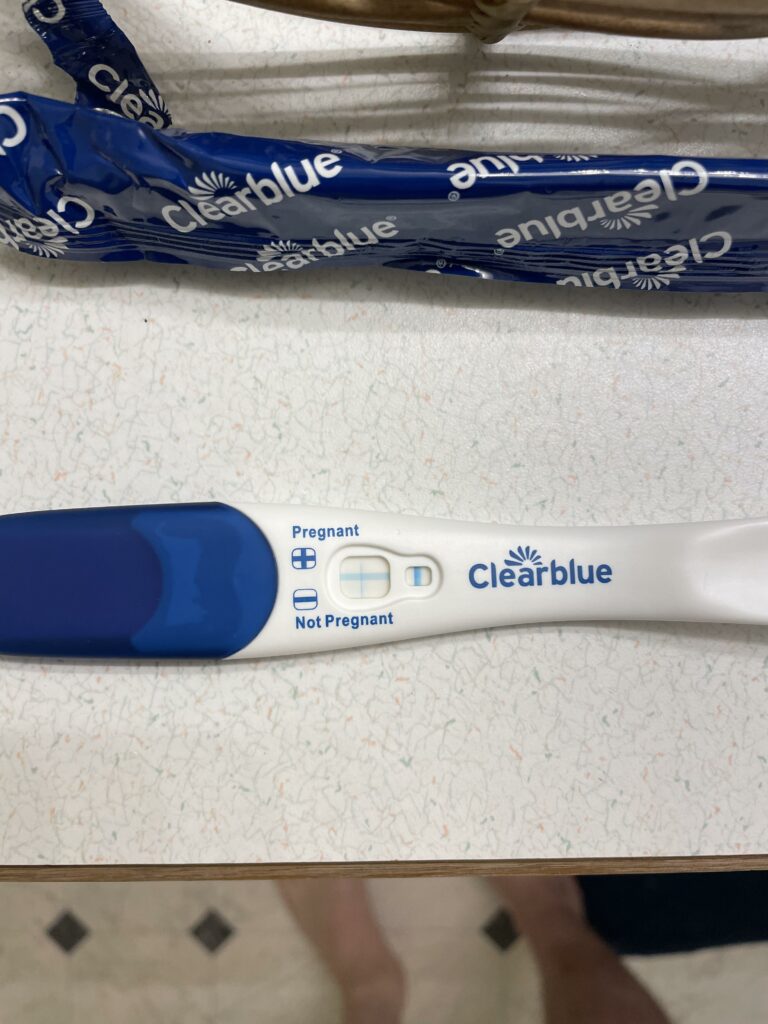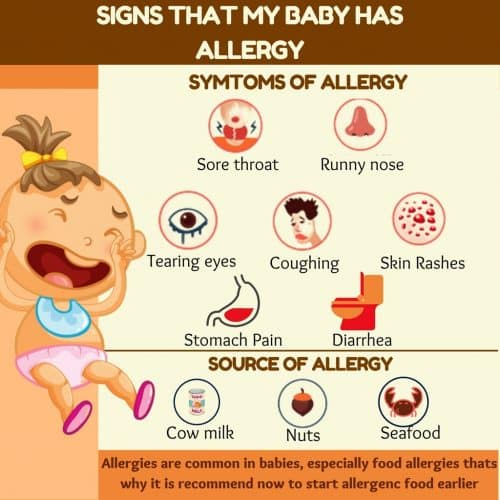How To Get Baby To Cough Up Mucus: A Comprehensive Guide
As a parent, seeing your baby struggle with mucus buildup can be distressing. Knowing how to help your little one effectively cough up mucus is essential for their health and comfort. In this article, we will explore the best methods to alleviate mucus congestion in babies and promote easier breathing.
Knowledge
When it comes to helping your baby clear mucus from their airways, understanding the underlying causes is crucial. Mucus buildup can be a result of various factors, including colds, allergies, or respiratory infections. By knowing the root cause, you can tailor your approach to effectively address the issue.
Ensuring that your baby stays well-hydrated is essential for thinning out mucus and making it easier to expel. Offer your baby plenty of breast milk, formula, or water throughout the day to keep their mucus membranes moist.
Using a humidifier in your baby’s room can help loosen mucus and soothe their airways. Opt for a cool mist humidifier to prevent the risk of burns, especially if your baby is curious and likes to touch things.
Keeping your baby’s head slightly elevated while they sleep can promote better drainage of mucus. You can achieve this by placing a rolled-up towel under the mattress or using a specially designed wedge pillow.
Nasal saline drops can help moisturize and clear your baby’s nasal passages, making it easier for them to cough up mucus. Gently squeeze a few drops into each nostril and then use a bulb syringe to remove the loosened mucus.
Gently tapping or clapping on your baby’s back or chest can help loosen mucus and make it easier for them to cough up. Use a cupped hand to create a gentle percussion motion, being careful not to apply too much pressure.
Steam therapy can help break up mucus congestion and relieve your baby’s discomfort. Take your baby into a steamy bathroom for a few minutes or use a warm mist humidifier to create a steamy environment.
Conclusion
In conclusion, knowing how to help your baby cough up mucus effectively is crucial for their respiratory health. By following the tips outlined in this article, you can provide relief to your little one and promote easier breathing. Remember to consult with your pediatrician if your baby’s mucus congestion persists or worsens.
Overall, this article is aimed at parents and caregivers looking for practical solutions to alleviate mucus buildup in babies. By implementing the strategies discussed here, you can help your baby breathe easier and feel more comfortable.
As a final note, taking proactive steps to address mucus congestion in babies is essential for their well-being. By following the advice provided in this article, you can support your baby’s respiratory health and ensure they are happy and content.






